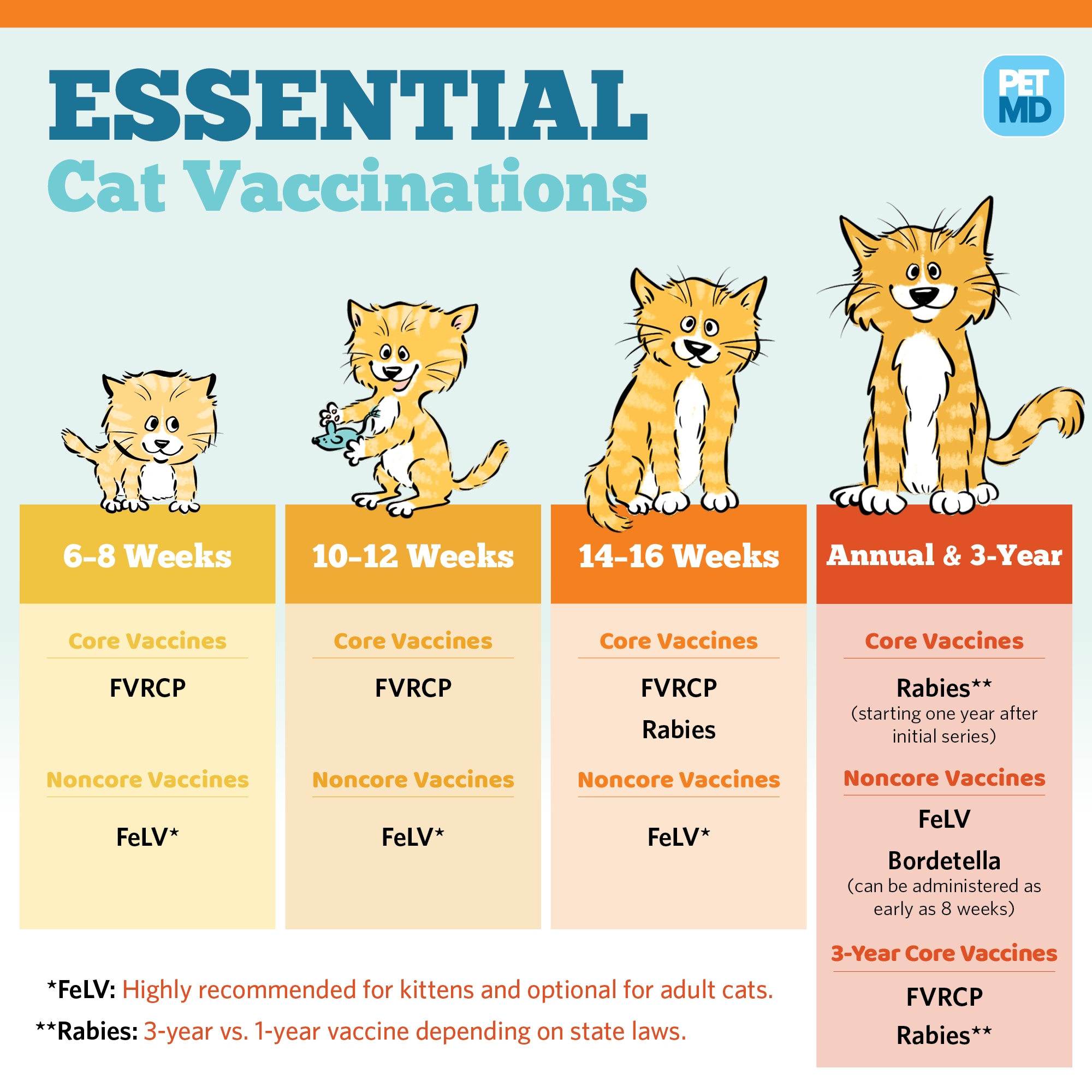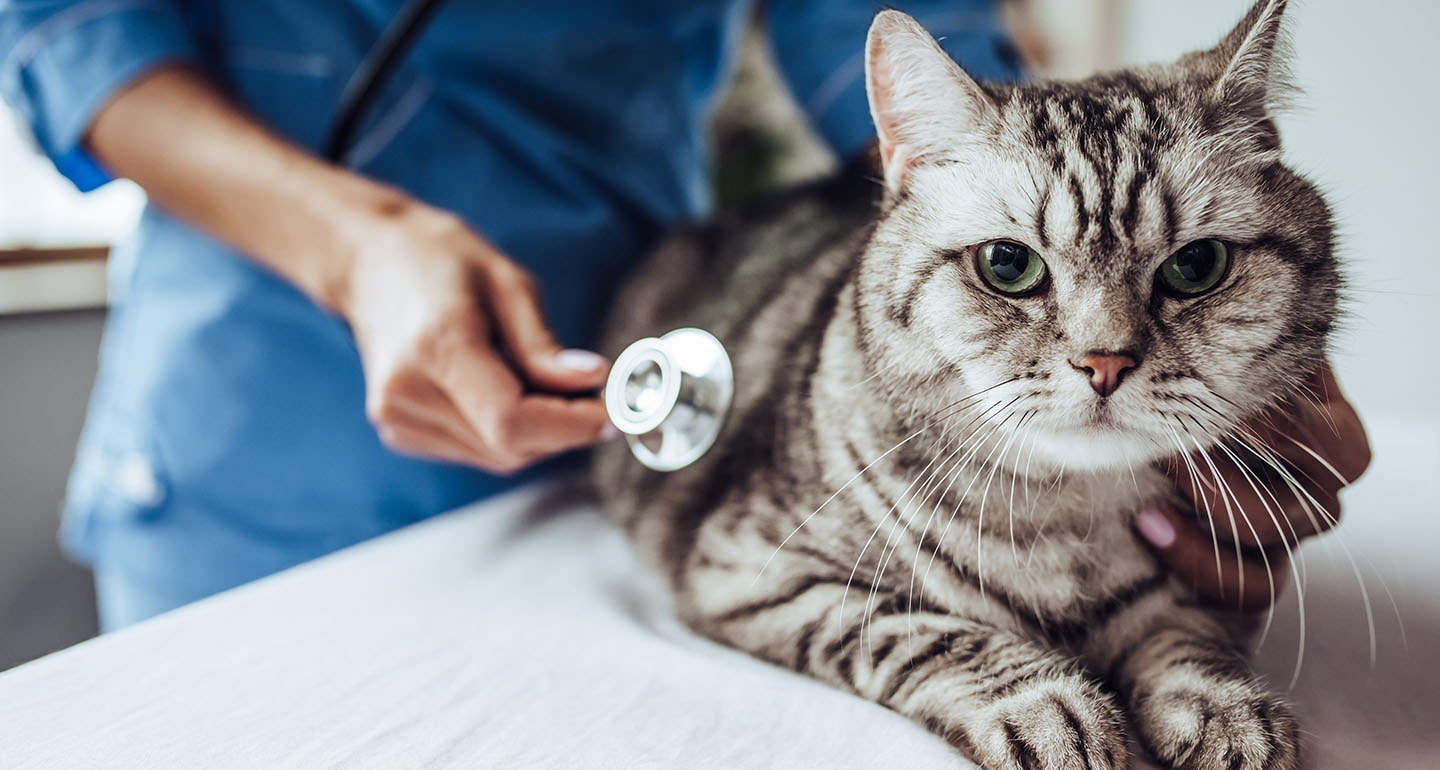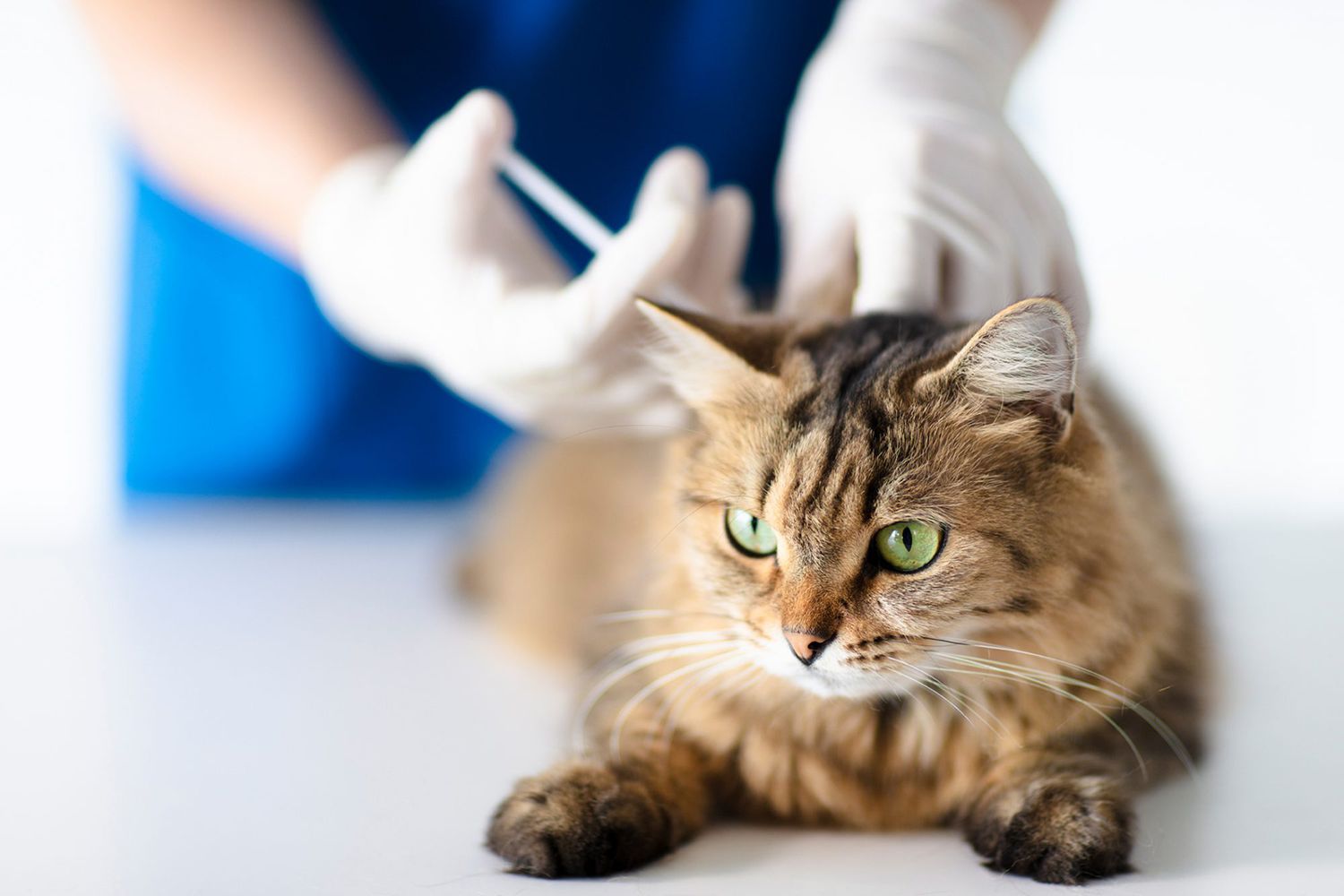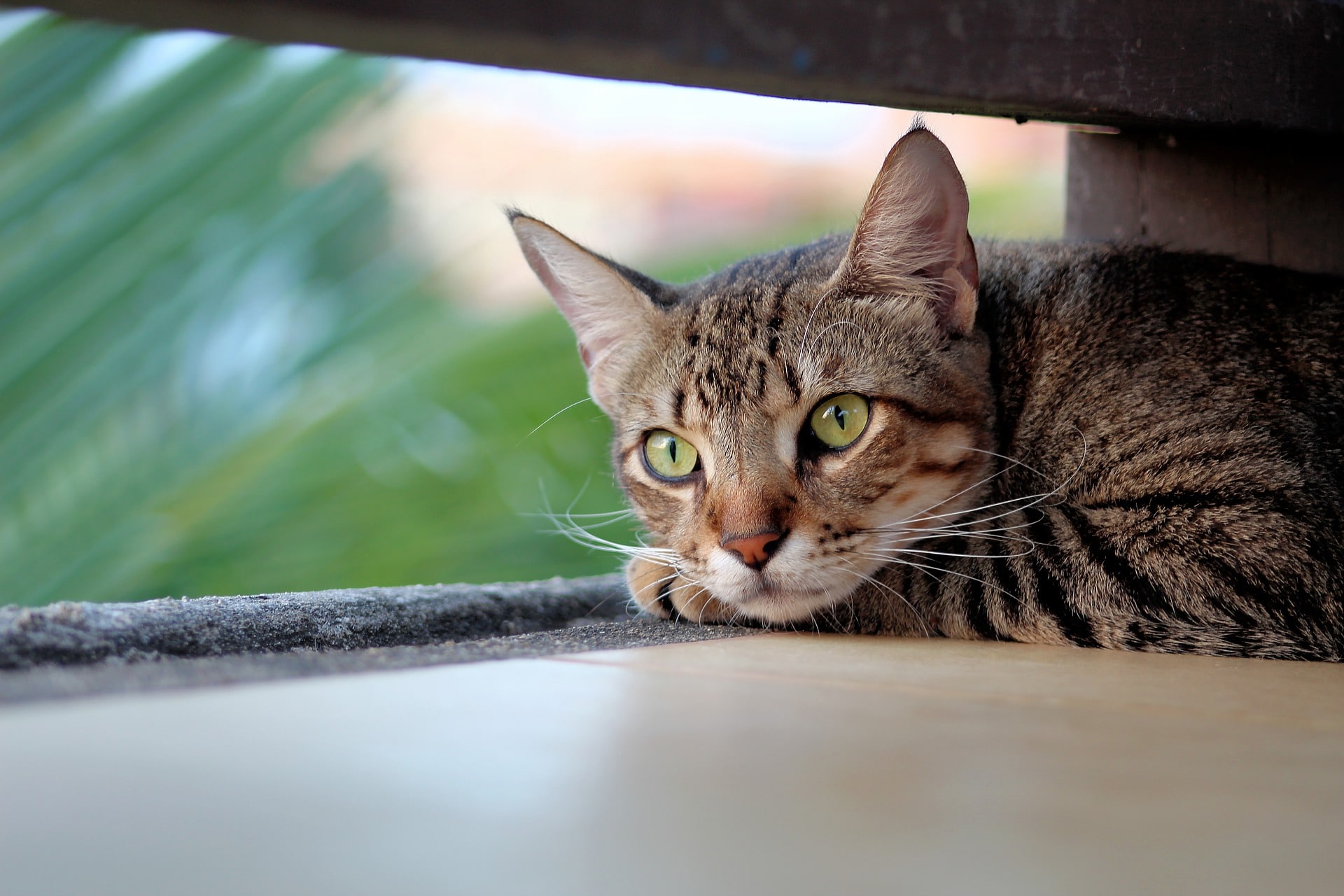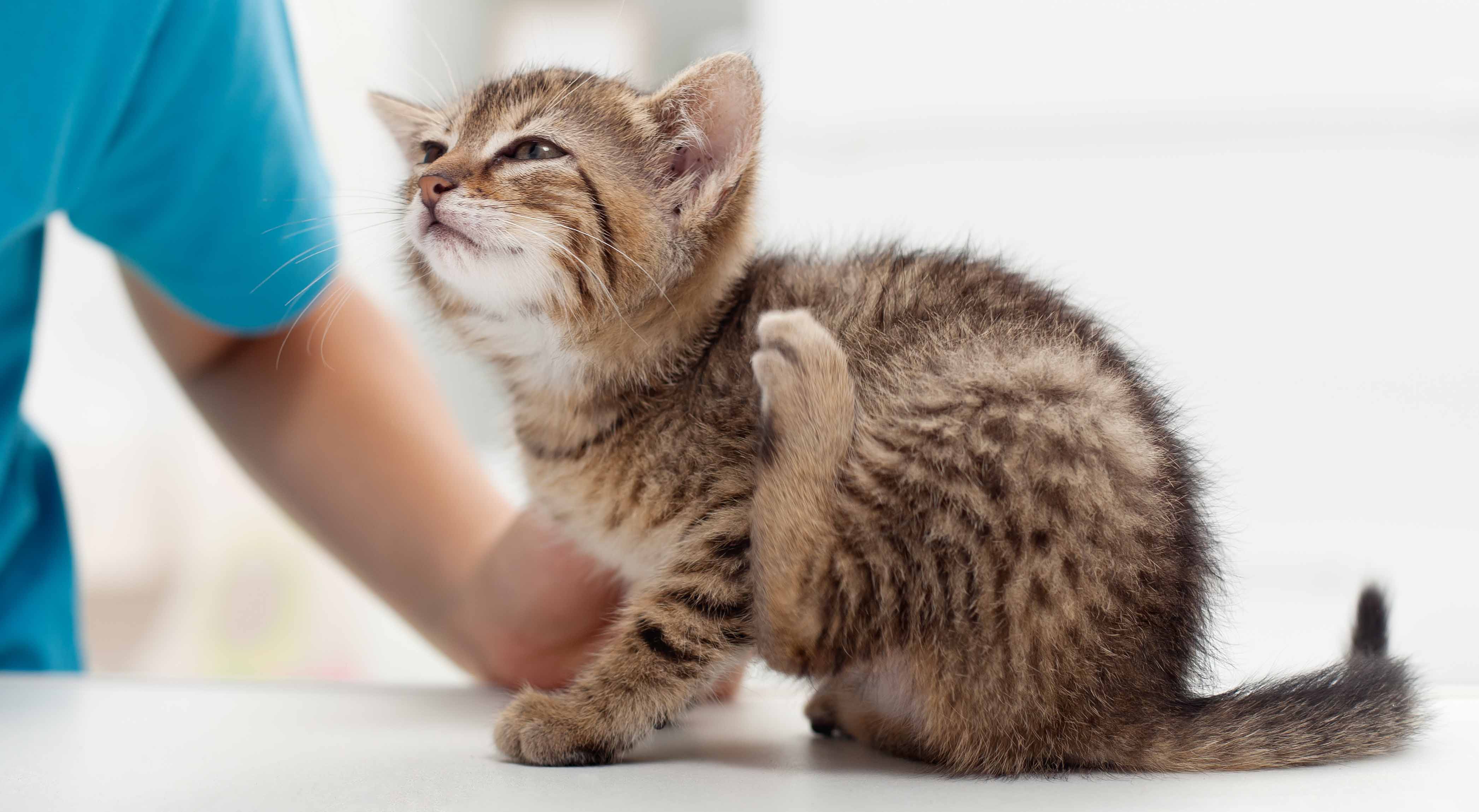Fvrcp Vaccine For Indoor Cats

Because FVRCP is a live vaccine it should not be given to pregnant cats.
Fvrcp vaccine for indoor cats. All cats even indoor felines who never go outdoors or interact with other cats should still receive FVRCP shots. IMO I would not vaccinate an older cat. Currently the recommendation for indooroutdoor cats is to administer the FVRCP vaccine annually.
Adult cats with unknown vaccination records should receive a FVRCP vaccination plus a booster. Even strictly indoor cats who do not have exposure to the outdoors may sit by an open window or screen or are exposed to these diseases as. Although you referred to these vaccines as yearly some of these vaccines are not necessarily required annually.
Rhinotracheitis is a herpes virus and causes fever sneezing a runny nose and eyes. You might have guessed my answer to the question Should you vaccinate your indoor cat is yes. Cats heading into stressful situations such as boarding may benefit from a core vaccine booster 7-10 days before.
Do indoor cats need Fvrcp vaccine. The FVRCP vaccination is an important part of your cats routine. Shown to be effective for vaccination of healthy cats 8 weeks of age or older against feline rhinotracheitis calici and panleukopenia viruses.
I therefore recommend that all cat owners diligently have their cats vaccinated with the so-called FVRCP at 6-8 weeks 10-12 weeks and 14. Only two vaccines for cats are considered core vaccines which means they are universally recommended regardless of a cats living situation. Cats 6 replies FVRCP Vaccine Cats 4 replies All times are GMT -6.
If there is any risk of exposure a cat should receive a leukemia vaccine for examplebecause if theyre exposed to it its too late Core. Adult cats whose vaccination history is unknown should receive a single FVRCP followed by a booster one year later before starting the three-year revaccination schedule According to Dr. Adult cats should receive a booster once every year or two according to your vets recommendation.
